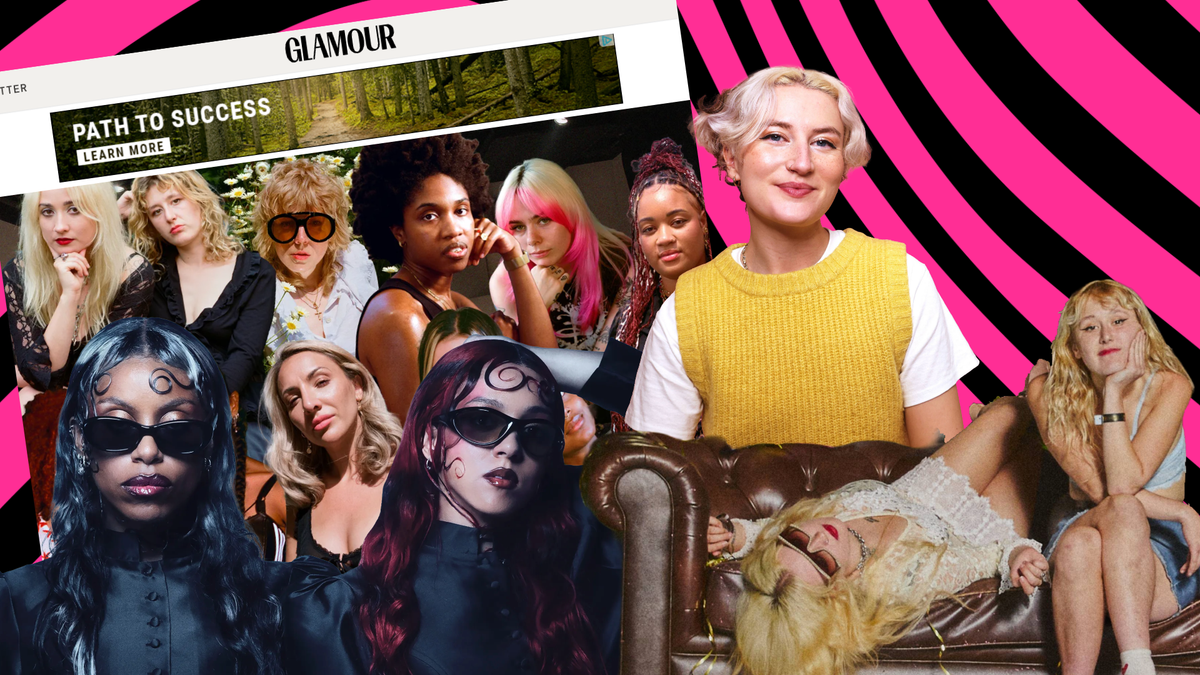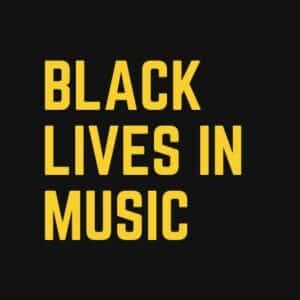On this week's podcast, we meet another inspiring human offering deep insight and solutions to some of music and society's big problems.
Be we get to the data, a quick introduction to this weeks guest:
Journalist and photographer Eliza Hatch has spent eight years documenting everyday harassment through her platform Cheer Up Luv, which has over 200,000 followers on Instagram. After she wrote this brilliant piece for Glamour about the scale of misogyny in the music industry, featuring interviews with everyone from Lambrini Girls and Nova Twins to Black Honey's Izzy Bee Philips, we knew she would make a brilliant guest on the Drowned In Sound podcast.
Eliza and Sean discussed a huge range of matters on this week's episode including everyday discrimination, why artists with allegations of abuse from Chris Brown to Marilyn Manson are still selling tickets by the bucketload (and the 'separating the art from the artist' debate) and the role of media, libel laws and a culture of silence in allowing misogynistic abuse to persist.
The Podcast
Drowned in Sound's weekly podcast meets innovative musicians and inspiring campaigners pushing for change. The conversations, hosted by Drowned in Sound's founder Sean Adams, explore a range of topics about music's role in our life and society, as well as its power and the collective strength of fans to build a better world.
Watch the podcast in full on Drowned in Sound’s YouTube:
- Listen on Apple Podcasts
- Search for "Drowned in Sound" to subscribe wherever you get your podcasts
- Recent guests on the podcast include Idlewild, Enter Shikari, Spotify boycotter Mynabirds, tech oracle Cherie Hu, TikTok music doc maker ShoshinBoy, and music journalist Ilana Kaplan.
Misogyny In Music: The Numbers
As a supplement to the podcast, here are the facts and figures surrounding one of music's most pertinent issues.
Misogyny manifests itself in the music industry in a huge multiplicity of ways. As with everything under the umbrella of patriarchy, it's built into this industry's foundations.
Last year, the Women And Equalities Committee (WEC) has warned in a report that women in music face "endemic" misogyny and discrimination, painting a picture of a "boys' club" where harassment and abuse are normalised and rates of non-reporting are high. A culture of fear exists, in which women do not come forward in fear that it will end their careers or they won't be believed.
Meanwhile, the report described an industry in which women sit besides sexual abusers at events, and some victims have had "their lives ruined and their careers destroyed by men who have never faced the consequences for their actions".
Gender imbalances
- Only 15 per cent of live sound engineers and 12 per cent of studio or mastering engineers are women. In addition, women make up only 29 per cent of DJs and 24 per cent of producers.
- Across 50 European festivals last year, men were on stage for 92 per cent of headline performances.
- 63% of acts booked at major UK festivals were all-male.
Discrimination
- 51% of women in music have been discriminated against due to their gender.
- 30% of women in music have also experienced age discrimination, compared to 21% of men.
- 80 per cent of Black women in music report experiencing racial microaggressions and 77 per cent have experienced indirect racism.
- A third of disabled musicians report experiencing gender discrimination, compared to 20% of non-disabled musicians.
- 47 per cent of women in music from the Global Majority have experienced racism and 38 per cent reported witnessing it.
Earnings
- Women in music on average earn almost 10 per cent less than men, despite the fact that they have more qualifications. 14 per cent more women have a music degree and 15 per cent more having a postgraduate music qualification, but this has been found to not correlate with higher earnings.
- Within that, Black women earn on average 25 per cent less than white women and 52 per cent less than white men.
- 27% of female musicians reported not earning enough money to support themselves and their family, compared to 20% of male musicians.
Sexual harassment and violence
- A third of women in music have experienced sexual harassment.
- A quarter of women have witnessed sexual harassment in the music industry.
- Only 11 per cent of women have reported the gender-based discrimination they experience or witnessed.
- 38 per cent of disabled women in music reported experiencing sexual harassment in their work.
Which stats are we missing? Head to our Instagram to let us know.
Sources:
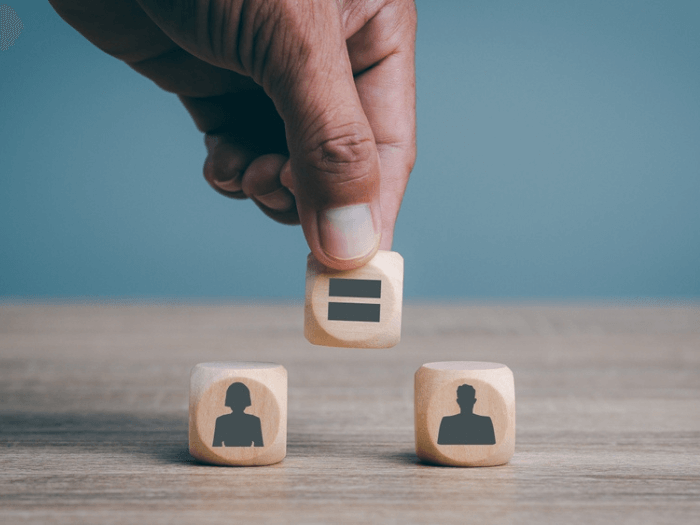
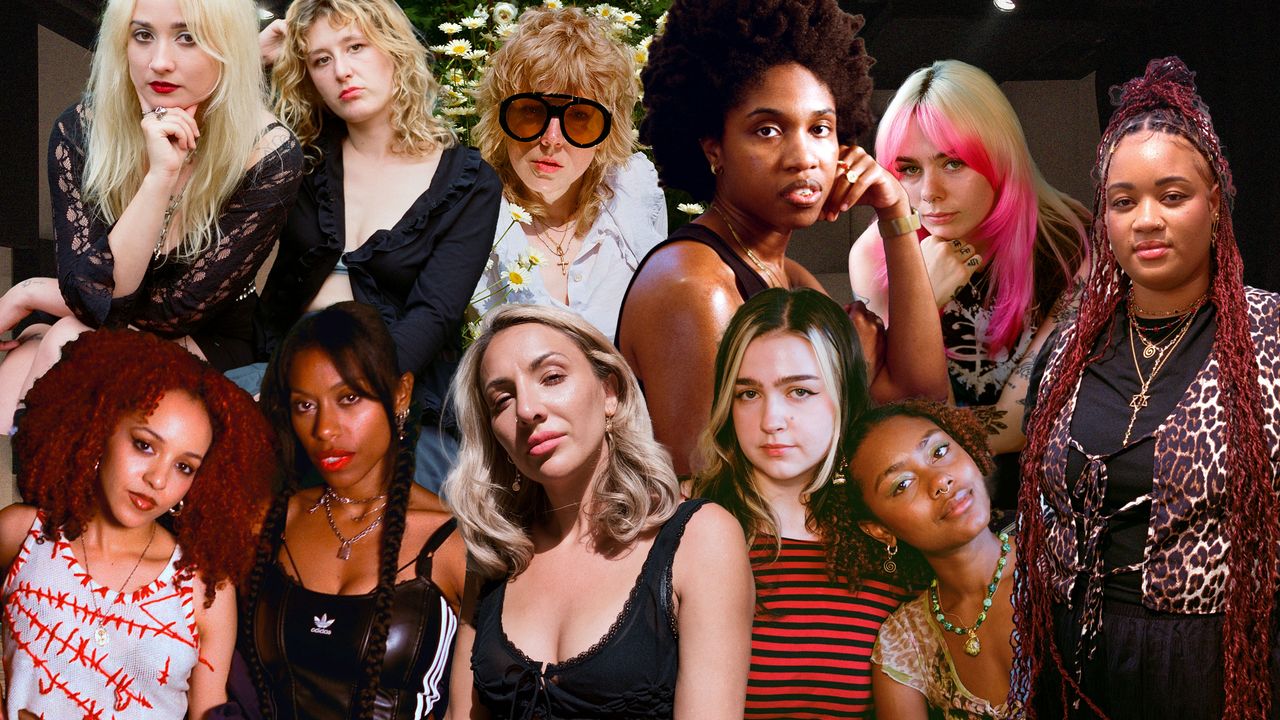
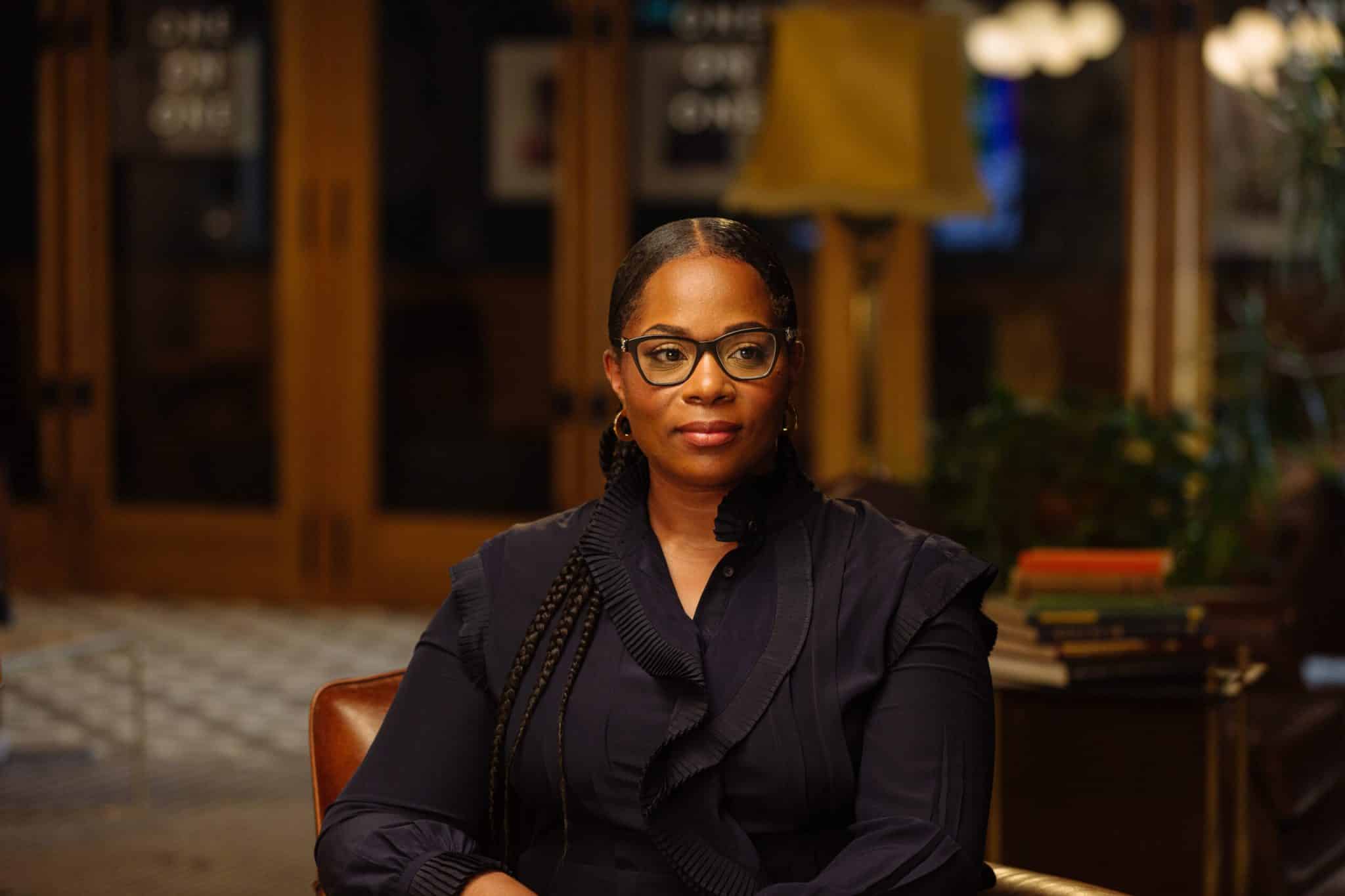
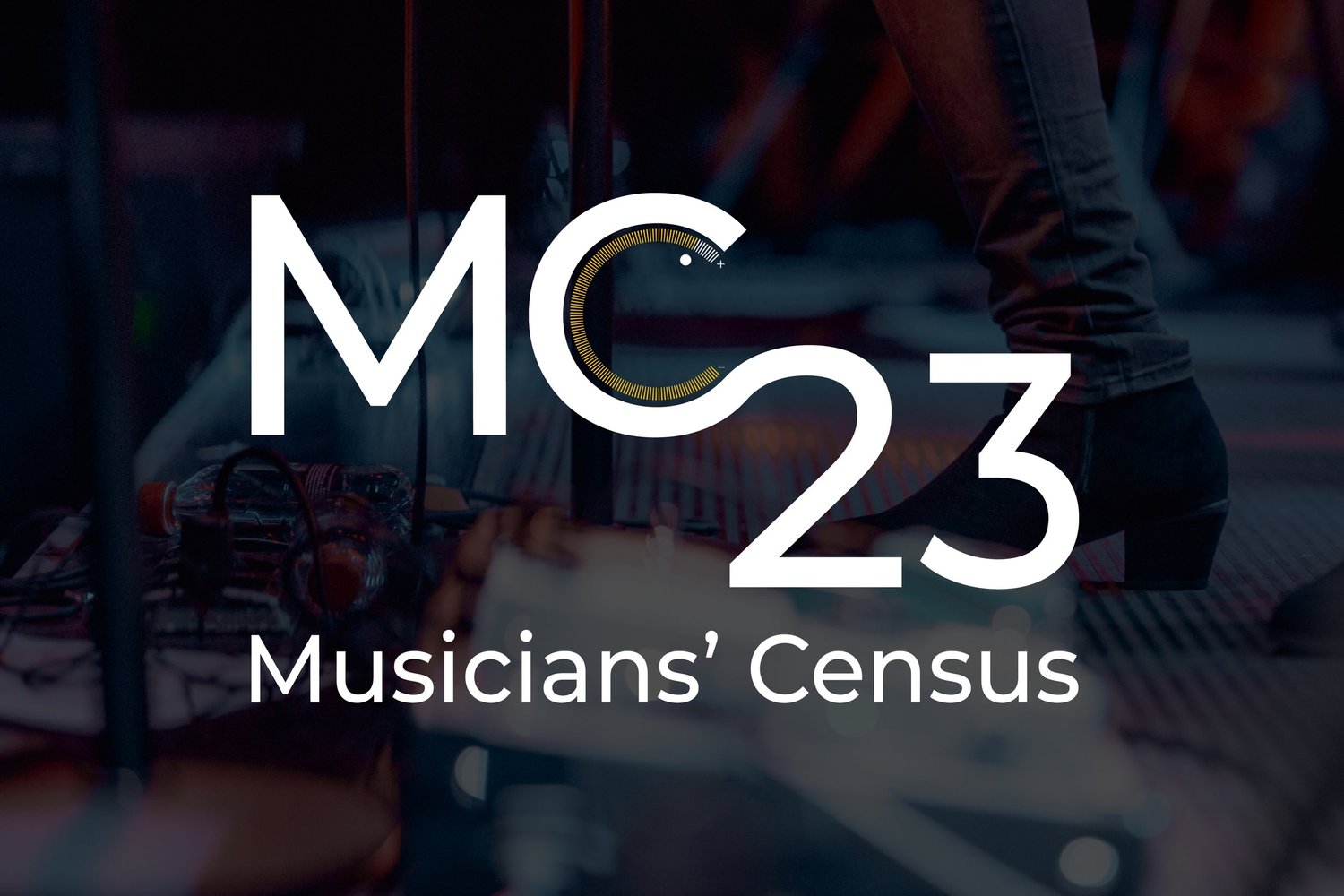
Get Support
We Are Music have compiled a list of resources to get the support if you need it



